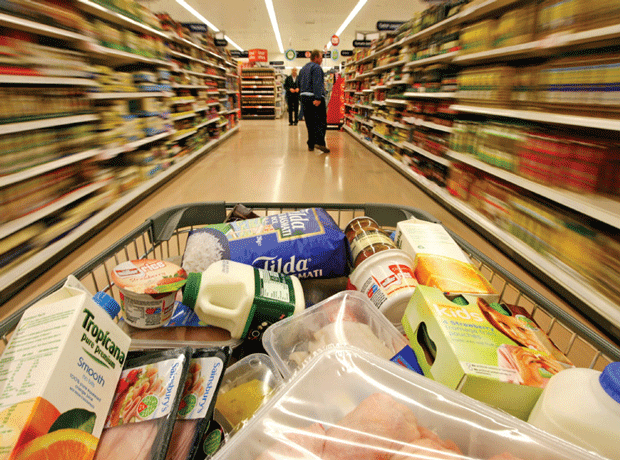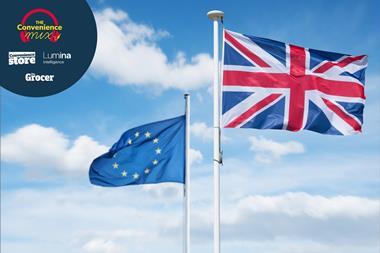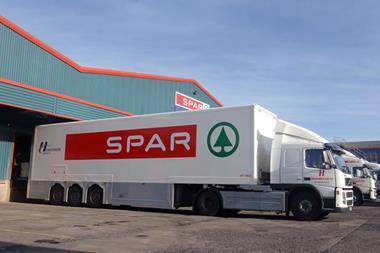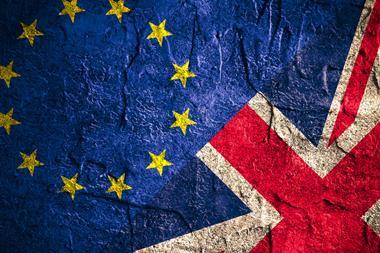A coalition of bodies representing the food supply chain have issued a joint statement to government departments highlighting core objectives and priorities for UK trade policy post Brexit.
In the statement, the British Retail Consortium (BRC), the National Farmers Union of England and Wales (NFU) and the Food and Drink Federation (FDF) highlighted the importance of not working in isolation.
“Much of the food supply chain is domestically based, and our organisations are committed to domestic production that is competitive and profitable and fully meets the demands of British consumers,” the organisations wrote.
“Nevertheless, we cannot operate in isolation. Our farmers need imported feed and inputs and they need access to other markets for their products, especially where demand for these in the UK is insufficient. Our food and drink manufacturers rely on exports to grow their businesses and imports to complement their use of domestically produced ingredients and raw materials. Our retailers need access to a full range of goods all year round to balance seasonality and meet consumer demand.”
As such, they have called on the government to adopt an approach to trade that will ensure stability and continuity for agri-food and drink businesses by:
- First of all, ensuring a smooth and orderly Brexit by agreeing transitional arrangements that maintain frictionless trade in goods between the UK and the EU, avoiding costly and disruptive customs checks, processes and procedures
- In the medium term, avoiding customs duties on trade by securing an ambitious bilateral free trade agreement with the EU that delivers two-way tariff-free trade
- Establishing the UK as an independent member of WTO, providing continuity and predictability by adopting the EU’s current schedule of Most Favoured Nation bound tariff rates
- Securing the benefits for UK traders of existing EU preferential trade arrangements, including the UK’s fair share of tariff rate quotas for agricultural imports, as well as of any preferential access for UK food and drink exports, at least until government can replace them with acceptable alternative arrangements.
- Engaging in formal trade negotiations with third countries when the terms of the UK’s future trading relations with the EU and other existing preferential trading partners are clear
- Establishing cooperation with third countries on regulatory equivalence and ensuring that all new trade agreements take into consideration differences in regulations and standards when market access is negotiated
- Consulting with stakeholders and undertaking detailed economic impact assessments when trade negotiations are opened and before any offers are exchanged.
The statement was issued to the secretary of states and ministers at the Department for Exiting the European Union, the Department for International Trade, the Department for Environment, Food and Rural Affairs and the Department for Business, Energy & Industrial Strategy.






















1 Readers' comment